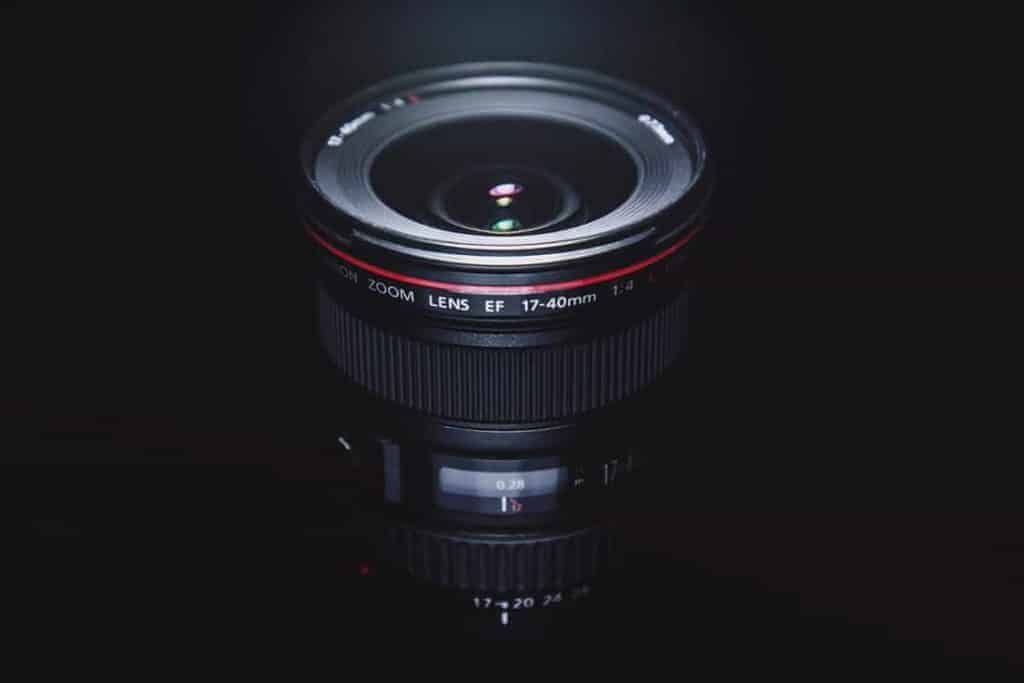Want to buy the best quality products?
Of course! We all want good stuff that will both last and serve its intended purpose well. Indeed, regardless of price, no one wants junk. It will usually not work well and may wear down quickly, forcing you to buy twice and spend more. “Penny wise, pound foolish”, as they say.
So one of the best ways to find good products is via reviews, which are plentiful online. However, there are many problems in this area, such as:
- Fake reviews, by people or bots that never actually used the product
- Biased reviews, by the people that make the product or were paid to review it
- “Clickbait” low-quality reviews (like those “top ten” lists that seem to be everywhere)
Still, there are several sources of high-quality reviews. Here are the ones I use the most:
Consult Professional Review Sites for the Best Quality Stuff
Here are some solid, reputable professional review sites:
Consumer Reports (CR)
This is the gold standard. CR and its corporate parent (Consumers Union) have been around for decades. They’re dedicated to reviewing many consumer products (including cars).
CR is one of the most technical and systematic reviewers, with dedicated labs that run products through many tests to see how good they are and whether they will hold up with use. It even has a test track for cars.
CR has earned the trust of consumers over the decades, because of its longevity and its reputation as an unbiased, consumer-focused organization. It accepts no advertisements and, as far as I know, derives all of its income from subscription fees and donations.
That brings me to the big drawback. For the most part, CR is a paid service, since it is not ad-supported. Currently, a full digital subscription costs ~$35 per year, which I think is well worth it.
The Wirecutter
The New York Times now owns this site. They test and review all sorts of things, and make recommendations (but do not generally assign a numerical score).
I think it’s a good, credible site. Contrary to Consumer Reports, each review comes as part of an extensive article talking all about the products, as well as alternatives. The reviews tend to be a bit less technical than CR, however, in that they don’t seem to lab-test the products. They apparently do in-office testing, but also have reviewers take things home and try them out. Also, they take into account Amazon reviews and interview experts.
They are also less “pure” than CR in that they make their money by recommending things and providing a link to buy them at some online store. If you use the link, they are paid a commission. So, you are mainly relying on their credibility and reputation (which so far is good).
Sometimes, CR and the Wirecutter will review the same products, and come to different conclusions about which is the best quality. In that case, it’s best to compare features, price, and whatever else is important to you, and pick what suits you best.
PC Magazine and CNET for the Best Quality in Electronics
These two websites focus on computers and tech.
They both seem to make their money through advertising, and both have been around for a while and have good reputations. I tend to trust them quite a bit, but, like the Wirecutter, they do take corporate money (but in the form of advertisements), and are therefore not as “pure” as CR. Still, they do have reputations to protect, and have not let me down thus far.
Use Filters and Analyzers for Consumer Reviews
As most people know, Amazon has reviews in the form of lots of consumer reviews for products. Some are good, some are bad, some are fair, some are unfair. I’ve seen more than one Amazon reviewer trash a product because it took a long time to arrive, without considering whether it’s of the best quality (or the worst).
There’s also the problem of fake reviews, whether it be a seller’s own employees and friends posting rave assessments, purchased reviews, or other trickery. While Amazon reportedly tries to crack down on these practices and weed them out, it’s pretty much common knowledge that some get through.
With an Amazon reviewer, your best bet is to use a tool like Fakespot or Review Meta to robo-analyze such consumer reviews and weed out fakes. However, even if it worked perfectly, you are still left with a bunch of amateur reviews. I don’t think that’s a bad thing, but, like with juries in a courtroom, you are left with the sum (or average) of the collective wisdom of a group of random people.
I don’t think the result is bad (and I’ve been very satisfied with the quality of products I’ve bought after “Fakespotting” them), but it’s good to know what you’re dealing with.
Blog Reviews
Many blogs (including The Rich Miser) feature reviews. Some are great, some are terrible. Finding out generally requires a little legwork, in terms of reading the reviews and getting to know the blogger. Are the reviews well-written and comprehensive? Are they detailed and in-depth? Do they make sense?
This is generally a matter of individual judgment, but if the reviews don’t have obvious problems and pass your “smell test”, by all means take them into account when looking for the best quality.
The Random YouTube Product Reviewer
I’ve been pleasantly surprised by this source of consumer reviews. It turns out that there’s plenty of people out there who take on the role of product reviewer and do quite comprehensive, first quality reviews of products and post them on YouTube. While most are not professional reviewers and some suck, there are many who put out some great quality stuff. For expensive products or those that you want to see “in action” before buying, it’s always a good idea to look up a few YouTube reviews.
Summing Up the Search for the Best Quality
Let’s distill this orgy of verbosity into a few rules of thumb:
1. For small purchases, go with Amazon consumer reviews run through Fakespot.
2. If you’re buying something expensive, also look it up on a professional review site or good blog.
3. To round it out, try to look up one or two video reviews, to get a better idea of what you’re buying.
I’m outta here!
How do you find first quality products? What review sources do you prefer? Are you an Amazon reviewer or other kind of product reviewer?




Leave a Reply